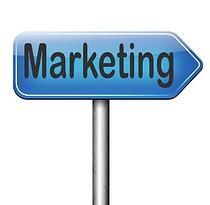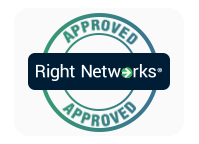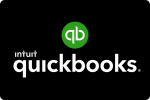 Marketing is just as important for wholesalers as it is for retailers, but wholesale marketing is slightly different from retail marketing. Wholesalers cannot simply copy the strategies of their retail counterparts. Instead, they have to adapt them to a business-to-business (B2B) environment. The following are some of the marketing nuances you should pay attention to if you are a wholesale company. These six tips cover everything from basic website design to reaching new markets and contacting leads.
Marketing is just as important for wholesalers as it is for retailers, but wholesale marketing is slightly different from retail marketing. Wholesalers cannot simply copy the strategies of their retail counterparts. Instead, they have to adapt them to a business-to-business (B2B) environment. The following are some of the marketing nuances you should pay attention to if you are a wholesale company. These six tips cover everything from basic website design to reaching new markets and contacting leads.
Website Design
Make Wholesaling Obvious
People visiting your company’s website for the first time may be unaware that you are in the wholesale business. Unless you make it clear you accept large-quantity orders and offer wholesale prices, potential customers may presume your company is a retailer and leave the site. Make sure your company does not lose out on any business-to-business (B2B) sales by prominently showing product pictures and clearly stating that you sell wholesale.
Have a Single Call To Action
Your company’s website serves one primary purpose: to get customers to contact you.. On virtually every page of your website, this should be the call to action (CTA) -- and it should be the only call to action. Limiting each page to a single CTA will increase your conversion rate, because visitors do not have other options. The only pages that might have a different CTA would be customer-service related pages, the “About Us” page and the “Contact Us” page.
Grow in New Markets
Accept Purchases on Credit
In order to sell your wares to national chains, you will need to accept purchases on credit terms. Big-box stores only buy products on terms. When accepting purchases on terms, you do not have to risk your company’s financial viability blindly. Put a link to your credit application on your company’s website. Encouraging your medium and smaller-sized prospects to apply for terms can open up new sales opportunities for you.
Place Government Bids
Many companies, especially smaller ones, avoid pursuing government contracts because they are intimidated by the bureaucracy. While there is a lot of red tape and successfully placing a bid can take several months or even a year, the U.S. Government is a great potential customer. The federal government is always making purchases, and it buys everything from yoga mats and pencils to computers and airplanes.
Securing a government contract begins with filling out the necessary paperwork to be on the bid list of an agency that might need your company’s products. Contact the agency, which may be a federal agency, a local or regional office, school, military base, shipyard or any other federal facility, to find out what paper needs to be filed. Once it is filed out and processed, your company will be sent any bid requests that go out from that agency.
Reach Out to Promising Leads
Ask for Leads
One of the best source of qualified leads is your own customer base. Simply ask them if they know of any friendly businesses that might be interested in your company’s products. You can use this strategy when reaching out to a prospective customer, as well. Even if they decide not to purchase from you, most of the time they will be happy to suggest someone else who might be interested in what you have. Be sure to thank each person that suggests a lead, regardless of whether a sale ever materializes from the suggestion.
Contact People
When reaching out to prospective customers, contact people -- not companies. You may run a B2B company, but networking is done between people. Instead of blindly sending samples and sales pitches, which rarely pays off, find the contact information of the appropriate person at the company you are trying to connect with. Reach out to them personally, either by phone, email or letter, and you will have a much better response rate. You may be able to find the appropriate person on the company’s website. If you cannot, call their headquarters and ask who you should speak to.
Wholesale marketing is not dramatically different from retail marketing. It still involves a website, finding new markets and reaching out to potential customers. Wholesalers must modify their strategies, though. Create a wholesale, ecommerce website, consider alternative wholesale markets and network with people. These are the fundamentals of wholesale marketing.





